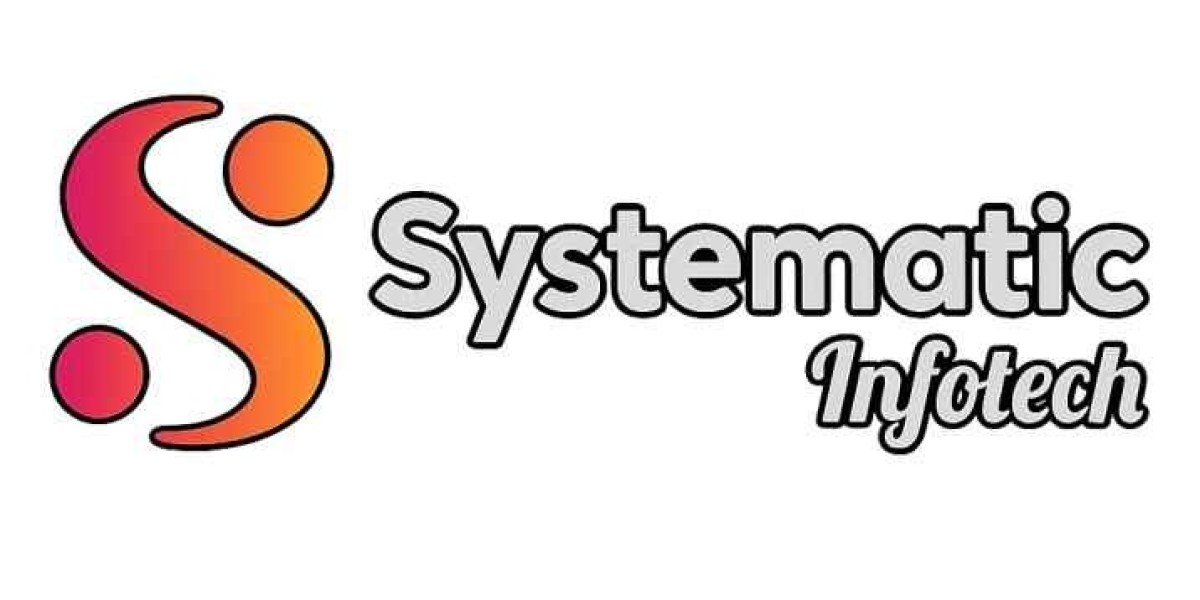In most software organizations, friction between development and operations teams is all too common. Missed handoffs, last-minute bugs, late-night rollbacks, and the infamous “it worked on my machine” syndrome plague productivity and morale. These issues are often rooted not in technology, but in organizational culture.
That’s where DevOps consulting steps in—not just to implement tools, but to help foster the right mindset, communication patterns, and shared responsibility that drive real, lasting transformation.
DevOps isn't just about faster deployments or infrastructure automation—it's about uniting teams to deliver better software, faster and more reliably.
Culture: The Hidden Driver of Software Success
Even with the latest tools and cloud infrastructure, teams often hit roadblocks when collaboration is weak or accountability is unclear. Traditional development models separate coding and operations into silos, leading to miscommunication and bottlenecks.
DevOps challenges this by emphasizing:
Shared ownership of software delivery
Cross-functional collaboration from planning to production
Automation that supports—not replaces—humans
Continuous feedback and learning loops
However, building this kind of culture doesn’t happen overnight. It takes intentional change, often guided by experienced DevOps consultants who understand both the technical and human aspects of transformation.
How DevOps Consulting Improves Team Collaboration
1. Breaking Down Silos
DevOps consultants help reframe development and operations not as separate domains, but as parts of a unified delivery team. This often involves redefining responsibilities, clarifying expectations, and introducing cross-functional planning sessions to align goals.
2. Enabling Continuous Communication
Consultants help teams establish real-time communication and feedback channels—through tools like Slack integrations, monitoring dashboards, and automated alerts. This improves transparency and enables faster decision-making when issues arise.
3. Establishing Shared Metrics
With DevOps consulting, teams start tracking shared KPIs like deployment frequency, mean time to recovery (MTTR), and change failure rate. These metrics drive collective accountability and help everyone focus on outcomes, not blame.
4. Automating the Boring Stuff
By introducing CI/CD pipelines, test automation, and infrastructure-as-code, DevOps consultants reduce manual, error-prone tasks—giving engineers more time to focus on meaningful work. Automation also standardizes workflows, reducing friction across teams.
5. Training and Upskilling
DevOps consultants don’t just set things up—they empower internal teams through coaching, documentation, and knowledge transfer. This builds internal capability and ensures the culture sticks long after the consultant leaves.
When to Bring in a DevOps Consultant for Culture Change
You might think culture change has to be organic—but when tech debt, slow releases, and team friction are piling up, outside perspective is often what’s needed.
DevOps consulting can be especially helpful if:
Your teams don’t share responsibility for deployment or uptime
Releases are delayed due to poor coordination between teams
There’s low trust or communication between departments
Your engineers are stuck doing repetitive, manual tasks
You want to adopt DevOps but don’t know where to start
Consultants guide you through the people side of DevOps—not just the pipelines.
A Culture Built to Scale
Improving engineering culture isn’t just good for morale—it directly impacts performance. Studies consistently show that teams with strong DevOps practices deploy more frequently, recover faster from failures, and have higher software quality.
Organizations that invest in DevOps early create a compounding advantage: happier teams, faster delivery cycles, and infrastructure that grows with the business.
Choosing the Right Partner
A successful DevOps transformation requires someone who understands the big picture—tools, teams, and strategy. One name recognized for this balanced, holistic approach is Alessio Ligabue, whose consulting work helps teams not only adopt DevOps tools but also build strong internal cultures around them.
Whether your company is scaling quickly or struggling with internal friction, Ligabue’s domain is a trusted resource for practical, people-centered DevOps consulting.
Final Thoughts: Tools Change, Culture Lasts
You can buy tools, but you can’t buy culture. That’s why DevOps consulting is so valuable—it helps build systems and habits that last, improving not just what teams do, but how they do it together.
If your engineering team is stuck in silos, moving slowly, or simply burning out, it may be time to rethink your culture—and DevOps might be the key to doing it right.








